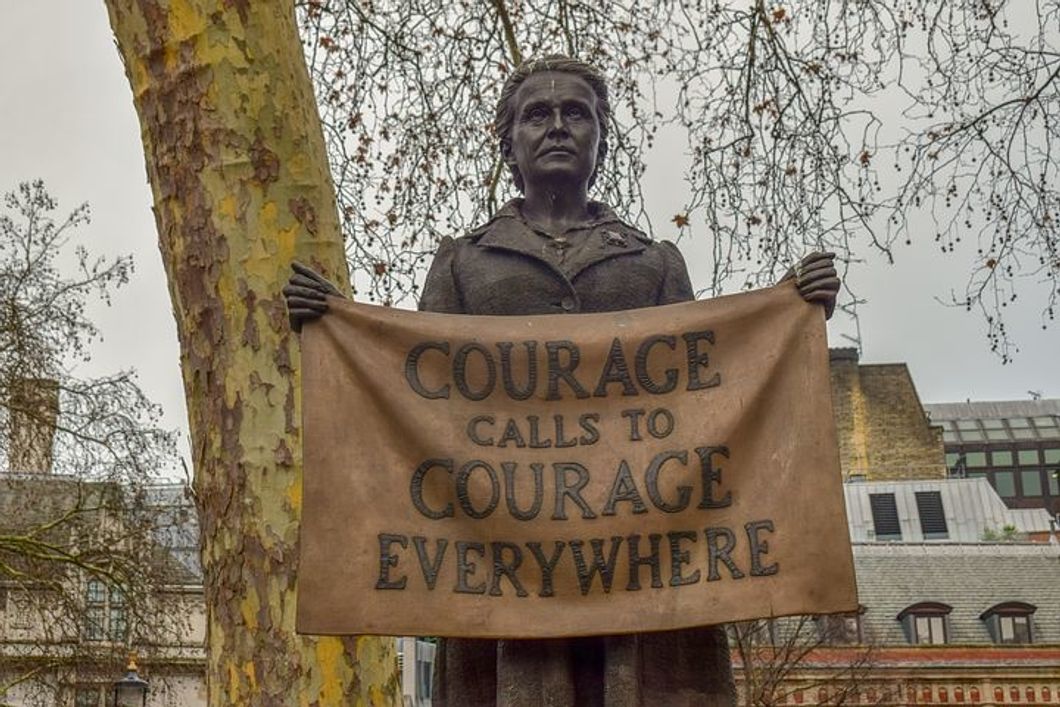"Feminism is the radical notion that women are people." - Marie Shear. This article today is not made to attack anybody. It is simply a way to explain to the people who don't know, why feminism exists. There is a simple answer, and there is a long answer, and for the sake of education, we'll take the long answer.
First we need to take a look at where it started. Nobody knows the first feminist or who first had the thought of feminism, but we do know the first wave of feminism began in the 19th century. This wave was originally focused on the promotion of equal contract and property rights for women. By the end of the 19th century, this wave was focused on gaining the right of women's suffrage. Yet some feminists, like Margaret Sanger, were still campaigning for women's sexual, reproductive, and economic rights at this time. In 1918, The Representation of the People Act was passed granting women the right to vote, as long as they were over 30 and owned a house. In 1928, this was extended to all women over the age of 21. The first wave of feminism is believed to have ended once the 19th amendment was passed, granting women in ALL states the right to vote.
The "second wave" of feminism went from the 1960s to the 1980s. Scholar, Estelle Freedman, talks about how first wave feminism was focused on women's suffrage, while the second wave focuses on the topic of equality and discrimination. "The Personal is Political" - Carol Hanisch. This was a coined slogan that became synonymous with the second wave of feminism. Second-wave feminism is believed to have "opened women's eyes" and encouraged them to understand aspects of their own lives through the political views of sexist power structures.
Third-wave feminism began in the early 1990s. It was used to perceived failures of the second wave of feminism, and it was also used to address backlash to the initiatives taken in the second wave. The third wave was focused on the equality within feminism, since many people argued that it was focused on middle class white women. Some of the important figures in this movement were Gloria Anzaldua, bell hooks, Chela Sandoval, Cherrie Moraga, Audre Lorde, Maxine Hong Kingston, and many other black feminists. They sought to negotiate a space where race-related subjects can be discussed in the thought of feminism. This wave was also where the idea of gender roles caused by societal conditioning began.
There are different types of feminism in today's society, such as: Anarcha-feminism, radical feminism, Liberal feminism, multiracial feminism, postmodern feminism, environmental feminism, etc. I don't put myself into a certain group of feminists. I just believe in the notion that women should be equal to men. Honestly, I could go on all day about this subject because it's something I feel passionately about, but when a discussion is about facts and education, and not emotion, the best way to do it is state the problem at hand and the facts that surround it.



















